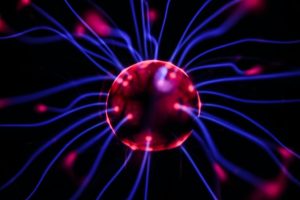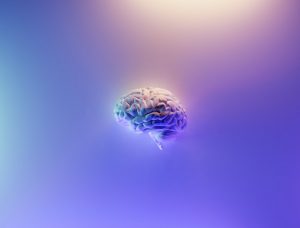About one in five U.S. adults have a mental illness according to the National Institute of Mental Health. This data, taken in 2019, translates to about 51.5 million U.S. adults that live with a mental illness. One university studies a method that displays a new approach to treating patients with different mental illnesses.

A team from the University of Minnesota Medical School and Massachusetts General Hospital worked together to show that artificial intelligence and targeted electric brain stimulation could improve specific human brain functions involving self-control and mental ability. Alik Widge, MD, PhD, is an assistant professor of psychiatry and part of the Medical Discovery Team on Addiction at the University of Minnesota Medical School, and he is the senior author of the research. The main data used in the research is from a study by the Massachusetts General Hospital in Boston. The study involved twelve patients who were undergoing brain surgery for epilepsy. The surgery involves the placements of miniscule electrodes throughout the brain in order to record its activity and identify where the seizure derives. Widge also worked with Sydney Cash, MD, PhD, an expert in epilepsy research; and Darin Dougherty, MD, a specialist in clinical brain stimulation. This group of people found the internal capsule, a part of the brain, that when stimulated with a tiny surge of electrical energy, could help a patients’ mental function.
Using AI, the team worked on algorithms that could track the patients’ cognitive control abilities. This method gave increases of stimulation when the patients were not doing as well with cognitive control.
“This system can read brain activity, ‘decode’ from that when a patient is having difficulty, and apply a small burst of electrical stimulation to the brain to boost them past that difficulty,” Widge said. “The analogy I often use is an electric bike. When someone’s pedaling but having difficulty, the bike senses it and augments it. We’ve made the equivalent of that for human mental function.”

The study is special because it shows not only how a mental function connected to mental illness can be enhanced with electrical stimulation, but also how in the brain specific parts are most effective for the enhancement. Additionally, it shows how an artificial intelligence closed-loop algorithm is more reliable and successful than doing stimulation at random times. From the study, patients with the stimulation reported an improvement in anxiety. Widge says the method could be used to help people with severe and medication-resistant anxiety, depression, and other disorders. This new approach to mental research is paving a pathway for more research as the team is rapidly preparing for clinical trials. Brain stimulation is a relatively newly approved treatment as it was only in 2002 that deep brain stimulation to treat Parkinson’s disease was approved by the US Food and Drug Administration. The team hopes that this method can help treatment-resistant patients who need desperate help.
Sources:
- https://med.umn.edu/news-events/researchers-boost-human-mental-function-brain-stimulation
- https://www.nimh.nih.gov/health/statistics/mental-illness
- https://www.ncbi.nlm.nih.gov/pmc/articles/PMC3785222/
- https://www.sciencedaily.com/releases/2021/11/211101141757.htm
Written by: Sudeepthi Ravipati
